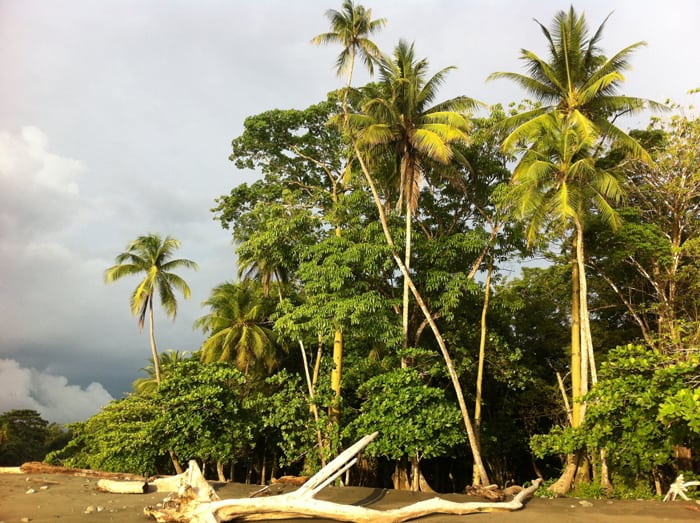Pavones, a small surfing paradise in Golfito, Costa Rica, faces a growing battle to protect its iconic wave, local community, and fragile ecosystem. Known for its 800-meter left break—one of the longest in the world—Pavones draws surfers and nature lovers to its grey-sand beaches and dense jungles. But recent actions by the Golfito Municipality have sparked outrage, as residents and environmental groups like Save the Waves warn that unchecked development could erase the town’s identity.
Last month, the municipality demolished several structures, including a supermarket, a bakery, a restaurant, and homes, claiming they violated the Maritime Terrestrial Zone (ZMT) regulations. The ZMT, a 200-meter coastal strip governed by Costa Rica’s 1977 Maritime Zoning Law, restricts private use in the first 50 meters and requires concessions for the next 150. Mayor Freiner Lara stated the demolished buildings lacked valid concessions, but locals argue the evictions targeted families with decades of roots in Pavones, leaving nearly 20 people jobless and several homeless.
Residents, backed by groups like the Pavones Community Development Association, suspect a larger agenda. They fear the demolitions and a proposed asphalting project aim to clear the way for luxury resorts, limiting public beach access and displacing fishermen. A crowdfunding campaign claims developers plan to “privatize the Pavones wave” and relocate fishermen to unsuitable areas, threatening their livelihoods. Environmentalists highlight the lack of updated zoning plans—unchanged since the early 2000s despite a legal requirement for updates every five years—and the absence of recent environmental impact studies.
“This isn’t about enforcing laws; it’s about pushing out locals,” said a Save the Waves spokesperson. “Pavones is a tight-knit community of surfers, fishermen, and families. Losing this risks not just homes but an entire way of life.” There is a similar sentiment everywhere, with surfers like Leilani McGonagle expressing solidarity with affected families.
The conflict echoes past struggles. In 2011, Pavones residents and organizations like PRETOMA stopped a tuna farm that threatened Golfo Dulce’s biodiversity. Today’s fight involves legal challenges, with lawyer Wálter Brenes questioning the municipality’s outdated surveys and alleging criminal liability. A new coastal law passed in 2025, criticized by the University of Costa Rica for favoring commercial projects without environmental safeguards, adds fuel to the fire.
Pavones’ future hangs in the balance. Community protests and a criminal lawsuit against the municipality signal a fierce resistance. For now, locals are rallying to protect their wave, their homes, and the ecosystem that makes Pavones a treasure.






